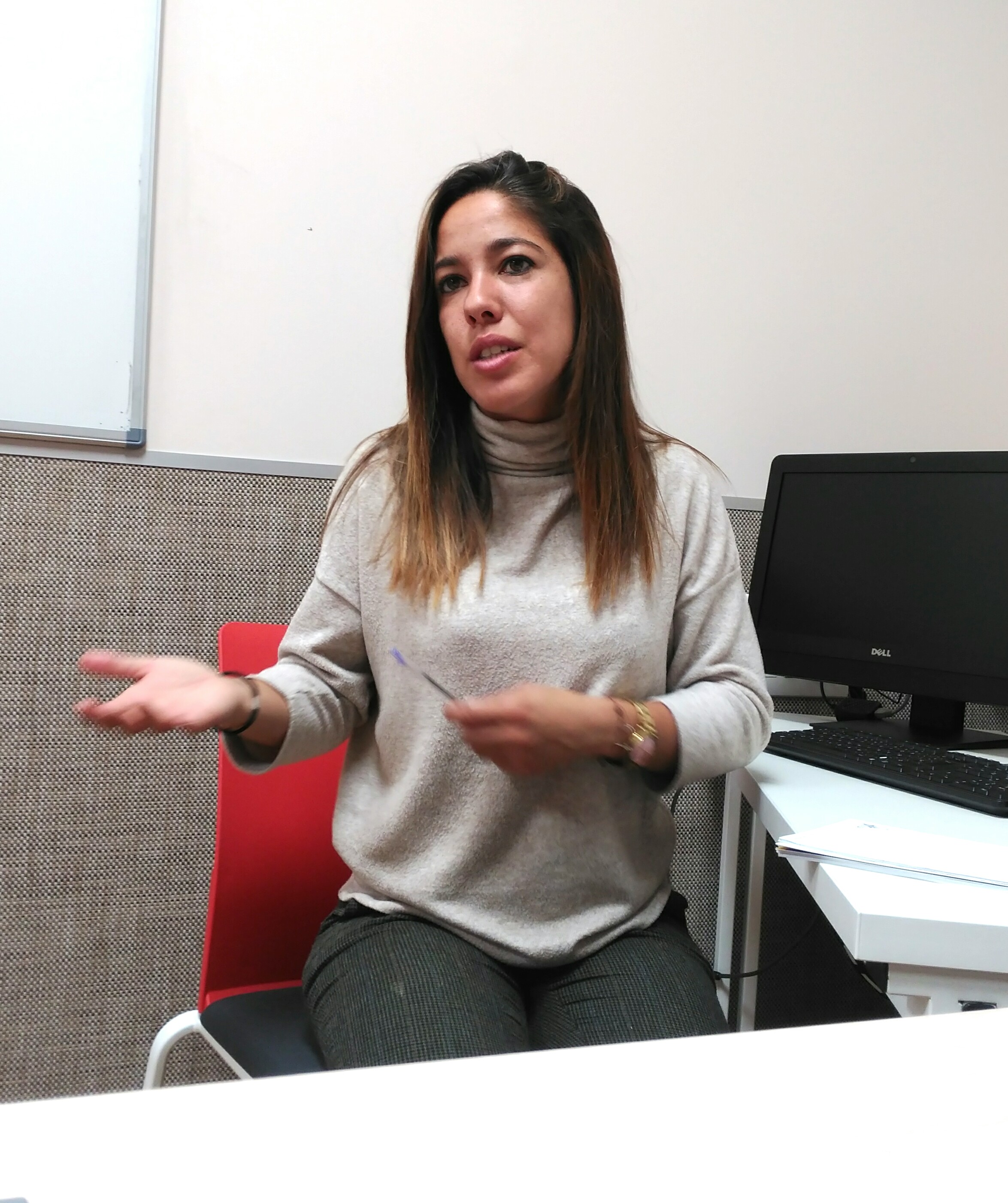Recientemente ha salido a la venta el libro Teaching Gender: Feminist pedagogy and responsibility in Times of Crisis, publicado por Routledge y co-editado por las Dras. Beatriz Revelles-Benavente (actualmente investigadora Juan de la Cierva en la Universidad de Barcelona) y Ana M. González Ramos (investigadora senior en la Universitat Oberta de Cataluña).

En un formato de diálogo muy enriquecedor, Beatriz Revelles-Benavente nos ha presentado las claves de esta publicación y hemos podido intercambiar impresiones sobre las nuevas prácticas pedagógicas que los nuevos materialismos ofrecen actualmente en el ámbito de la docencia e investigación académica. Entre las posibilidades cabe señalar la emergencia de nuevas metodologías de aproximación a los procesos, los «pequeños» fenómenos, los contextos y por encima de todo las relaciones; algo que Revelles-Benavente afirma explorar a través de la metodología difractiva y la pedagogía afectiva. Entre las limitaciones se ha señalado el marco neoliberal que domina actualmente buena parte de la academia, pero también las dificultades de la puesta en práctica y obtención de financiación a la hora de desarrollar estructuras que transgreden el orden jerárquico establecido (como la del maestro-alumno). Las asistentes a la charla han tenido la oportunidad de intercambiar con Beatriz sus puntos de vista respecto al concepto de objetividad científica.
El libro, un compendio de diferentes estrategias de política feminista, ofrece una mirada interdisciplinar (algo totalmente imprescindible) sobre actos pedagógicos «respond-able» (Haraway, 2008), e incide en la necesidad de fortalecer la conexión entre generación de conocimiento y sociedad. «Slow Science», sujetos knowmadas o prácticas cooperativas dentro y fuera de la clase constituyen algunas de las propuestas de acción que este volumen presenta.
Desde la línea 2 de investigación de este grupo queremos felicitar esta publicación y agradecer especialmente la visita y enriquecimiento que ha supuesto esta intra-acción.

